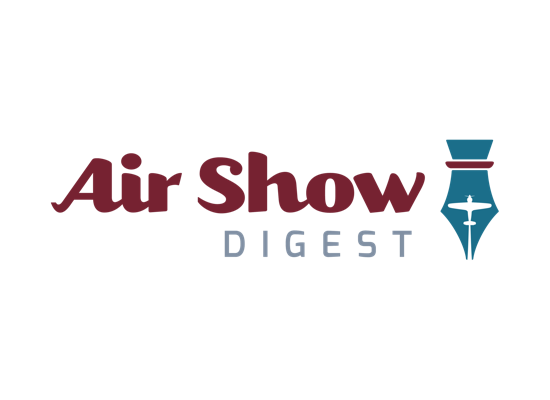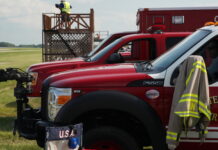During the last several weeks, I’ve had the opportunity to spend time with a number of performers that I had not previously known very well. At air shows and meetings in different parts of the country, I’ve spent time with some of the newer performers in the air show business and the impact of my discussions with them has dramatically changed the way I think about our business.
I suppose I always knew – but seldom thought much about – how hard it is to break into this business as a “newbie.” For years, I’ve received inquiries from frustrated newcomers who express concern about how long it takes to get so much as a return phone call and a barely polite, “No, thank you,” from an event organizer. My response typically includes phrases like, “That’s the way this business works,” and “Event organizers are not likely to hire you until you’ve been around for awhile.”
“Pay your dues” and “earn your stripes” are more than simple clichés in the air show business. They represent a philosophy that might be summarized like this: if we don’t know you, we can’t trust you to fly at our show. If you’re persistent enough and survive long enough to acquire a good reputation, we’ll considering hiring you in a few years.
In a business that relies so heavily on unpaid volunteers and depends so much on everything going right during a particular four-day period once a year, this hesitation to hire rookies is somewhat understandable. Event organizers are reluctant to introduce any unnecessary variables into their air show equation…like a newbie pilot. He might crash, flirt with the mayor’s daughter, abuse the rental car, make a fuss about his hotel room or otherwise complicate an already difficult weekend. So, almost subconsciously, the event organizer steers clear of the new guy and makes deals with the established veterans who they know and have worked with before.
But this is not good for the new performers and, in the long run, it’s not good for our business. I recently bumped into a “new” formation team and stopped to make small talk. After telling them how much I enjoyed their performance, I asked how things were going. One of the pilots said that they were right on track with their five-year plan. Recognizing them as newcomers, I asked how far they were into their five-year plan. “We’re just about finished,” they said. I could not hide my surprise and must have looked awfully stupid standing their with my mouth wide open. This “new” team has already been flying for nearly five years!
And their situation is hardly unique. To get started as a performer in this business, you need a plane…preferably some kind of expensive or exotic (read: expensive) plane. You must already be an accomplished aerobatic pilot. You must be willing to fly long distances for little pay and sacrifice your weekends and perhaps your vacation days if you have a full-time job.
I suggest that it’s too much to ask that – on top of all that investment, preparation and sacrifice — we also obligate these new performers to five years of second-class citizen treatment before they can expect to fly a substantial air show schedule. It’s been accurately characterized as the air show business eating its own young. These new performers are the future of our business. They are the source of innovation and new ideas. By requiring this 4-6 year period of apprenticeship/indentured servitude, we impose an obligation on them that many will not be willing to tolerate. They’ll leave our business and take their innovation and enthusiasm with them.
And, frankly, ICAS encourages this culture. We are inordinately and disproportionately concerned with paying homage to the veterans and old-timers in our business. Of course, it’s appropriate for ICAS to recognize, showcase and congratulate our top performers, but some argue that we spend an awful lot of time looking to the past and not nearly enough time looking to the future. This should change. As an organization, I believe we need to do more to showcase newcomers and help them establish themselves more quickly and more securely in the business to which they have committed their time, money and future.
What can you do? Quite a lot, actually.
If you’re an event organizer, commit yourself now to hiring a newbie for your next show. If you have questions about a particular new performer, don’t hesitate to call another show at which he performed or even the Aerobatic Competency Evaluator that gave him his most recent statement of aerobatic competency card. If you get a phone call or e-mail from a new performer, return it. If you can’t, get somebody else to.
If you’re a performer, go out of your way to help a new guy. Encourage one of the shows that has hired you to consider hiring a rookie, too. If you see a particularly strong new performer, let people know and do what you can to encourage innovative, safe flying among the new people entering our business.
Collectively, we’re not paying sufficient attention to the future of our business. It’s important that we begin changing the way we look at and treat new performers. They are the future of our business and, right now, we’re not doing enough to protect and encourage our air show stars of tomorrow.








